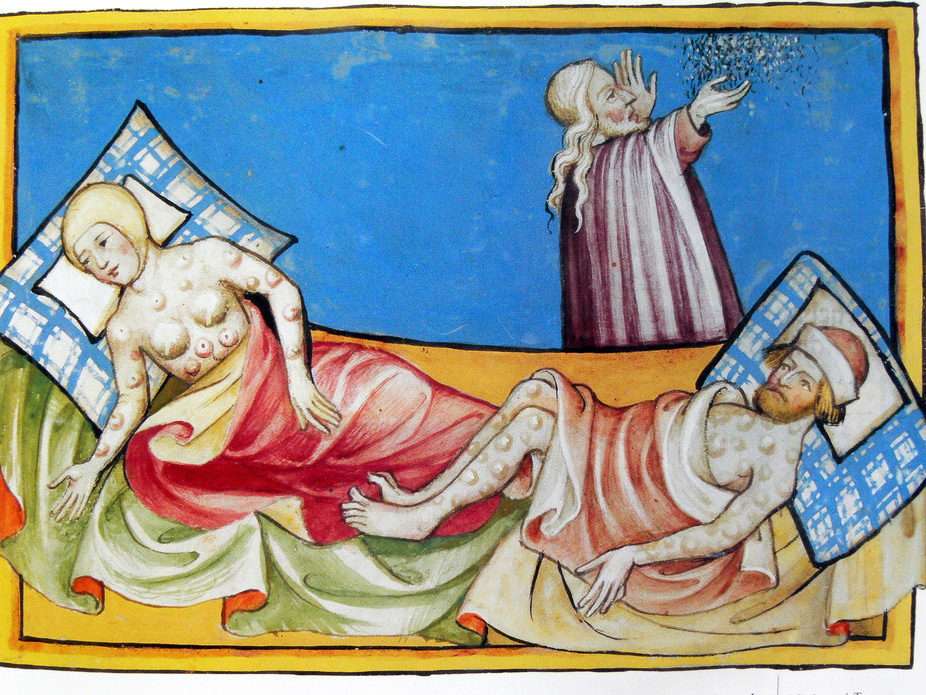From The Conversation: No, the Black Death did not create more jobs for women
Professor of Economic History, University of Oxford
Published on 8 April 2014
The plague known as the Black Death which tore through 14th century Europe is traditionally held to have had at least one upside. Women, the theory runs, were able to exploit the labour shortages of post-plague England to find themselves in a richer and more stable position than before. However the idea that women of the era were forerunners of the post World War I generation doesn’t stand up to much scrutiny, as new research shows.
Medievalists have long debated the extent to which women shared in the “golden age” of the English peasantry that followed the demographic catastrophe of the Black Death. The plague killed between 30% and 45% of the population in its first wave 1348-59. Recurrences meant that by the 1370s England’s population had been halved.
The silver lining, for the peasantry at least, was the dramatic increase in workers’ remuneration as landowners struggled to recruit and retain labourers. The results are apparent in a rapid increase in male casual (nominal and real) wages from about 1349.

Some historians have argued that women’s gains were even more marked as they could find employment in hitherto male-dominated jobs, or migrate to towns to work in the growing textile industries and commercial services and so enjoy “economic independence”.
Others however have suggested that whatever the implications of the Black Death for male workers, the sexual division of labour prevented women from seizing the opportunities created by the labour shortage. As one account puts it: “Women tended to work in low-skilled, low-paid jobs … This was true in 1300 and it remained true in 1700”.
The debate has significant implications as optimists have gone further in arguing that women’s improved wages changed demographic behaviour by delaying marriage, promoting celibacy and reducing fertility, with the resulting so-called north-west European Marriage Pattern raising incomes and promoting further growth.

